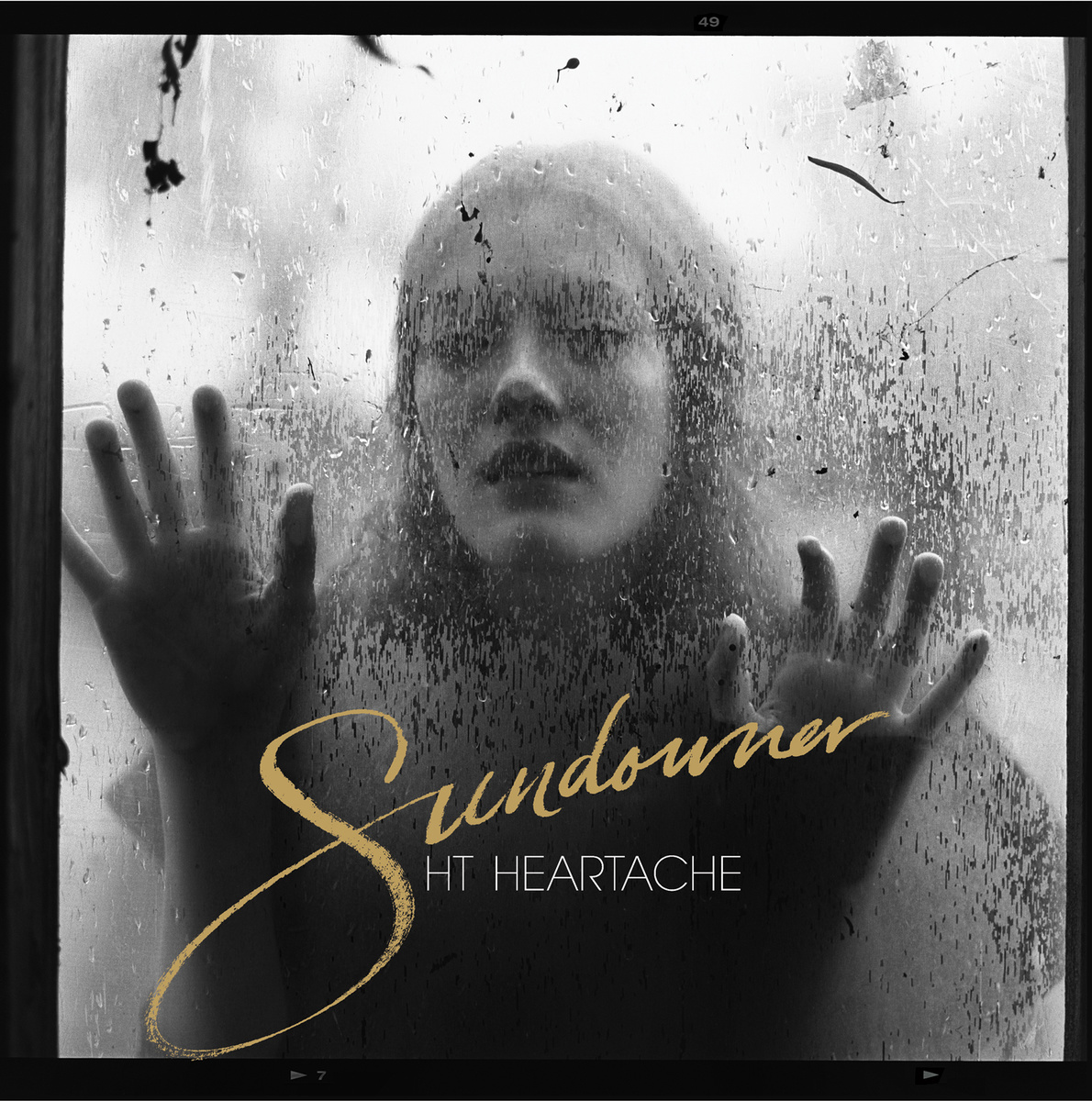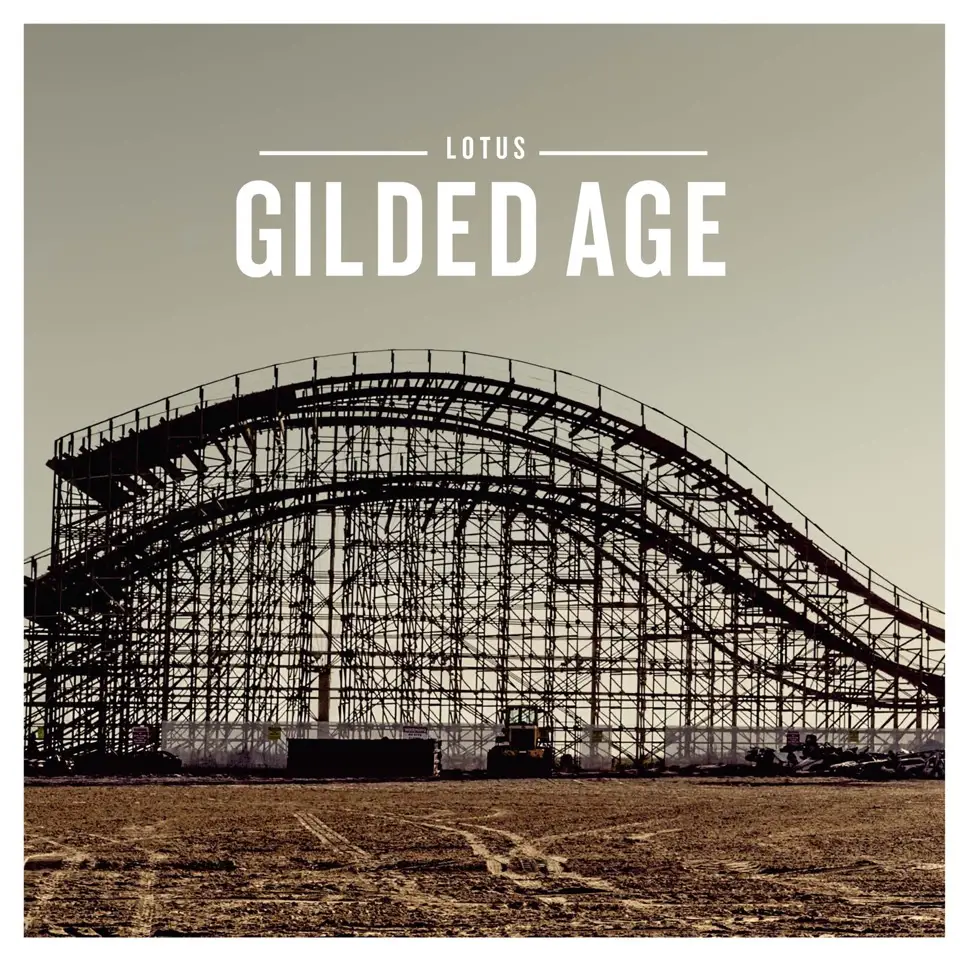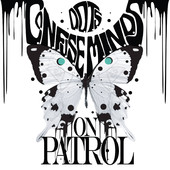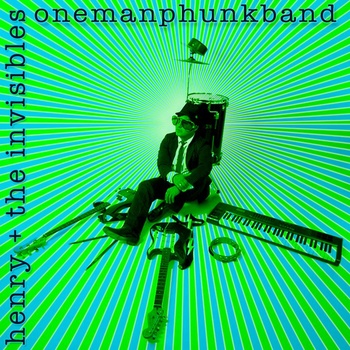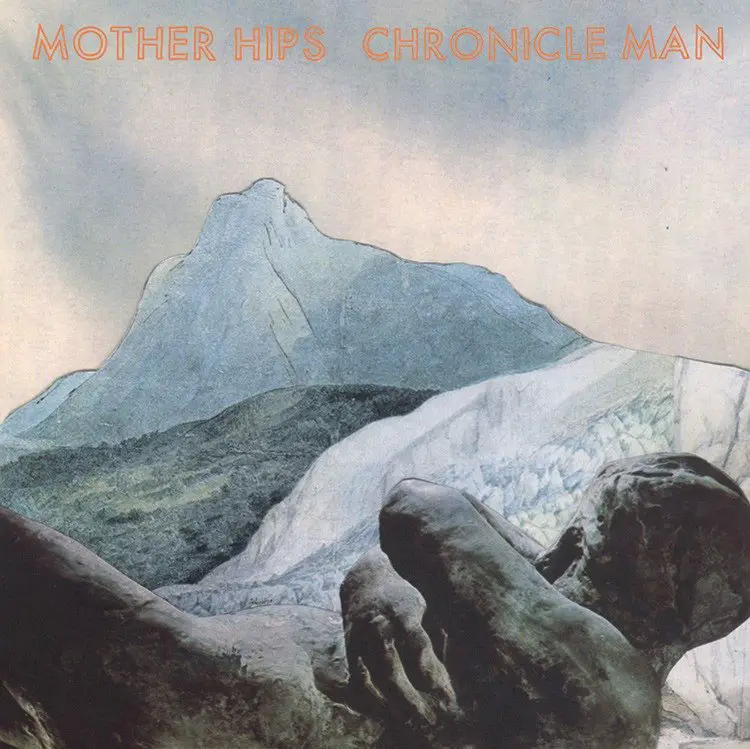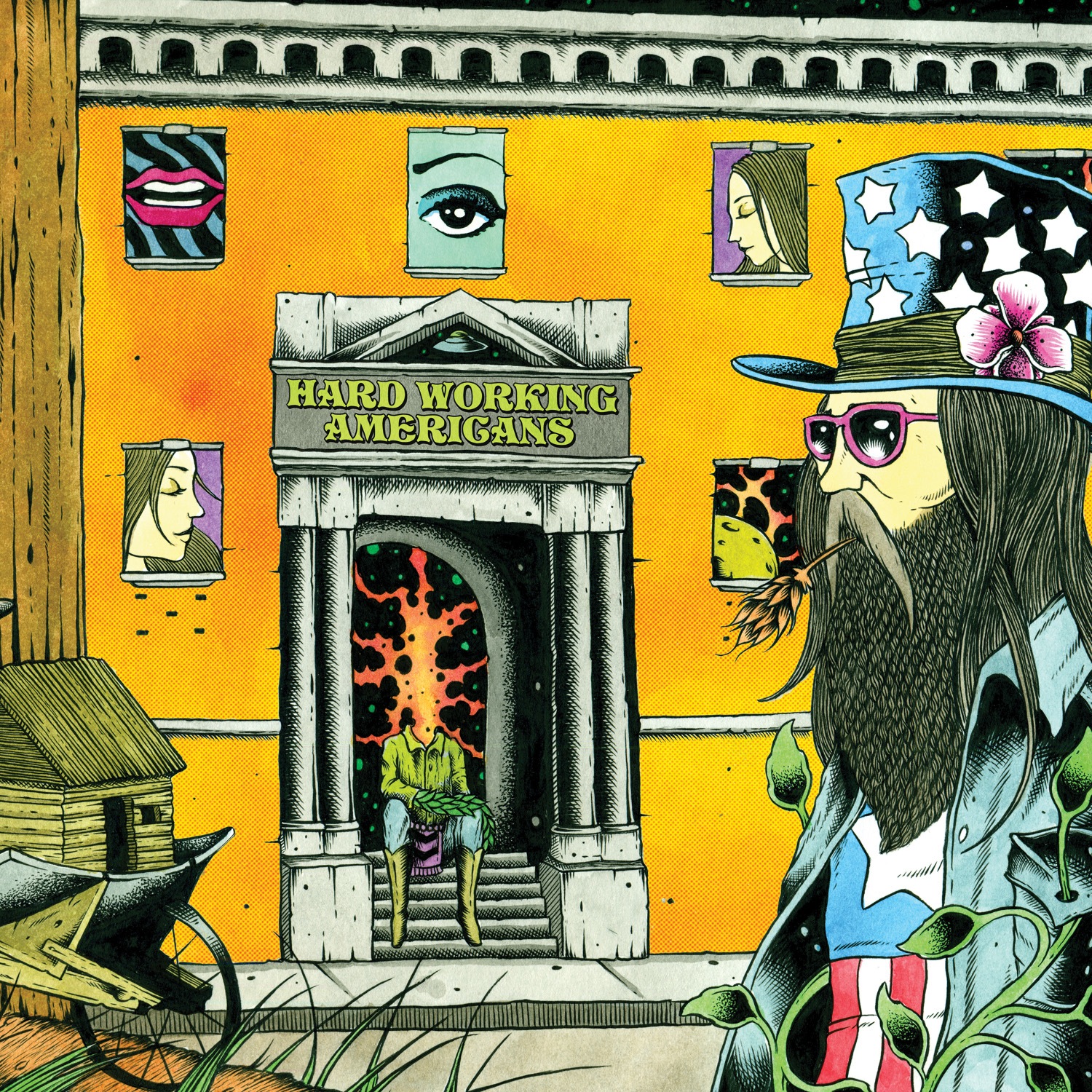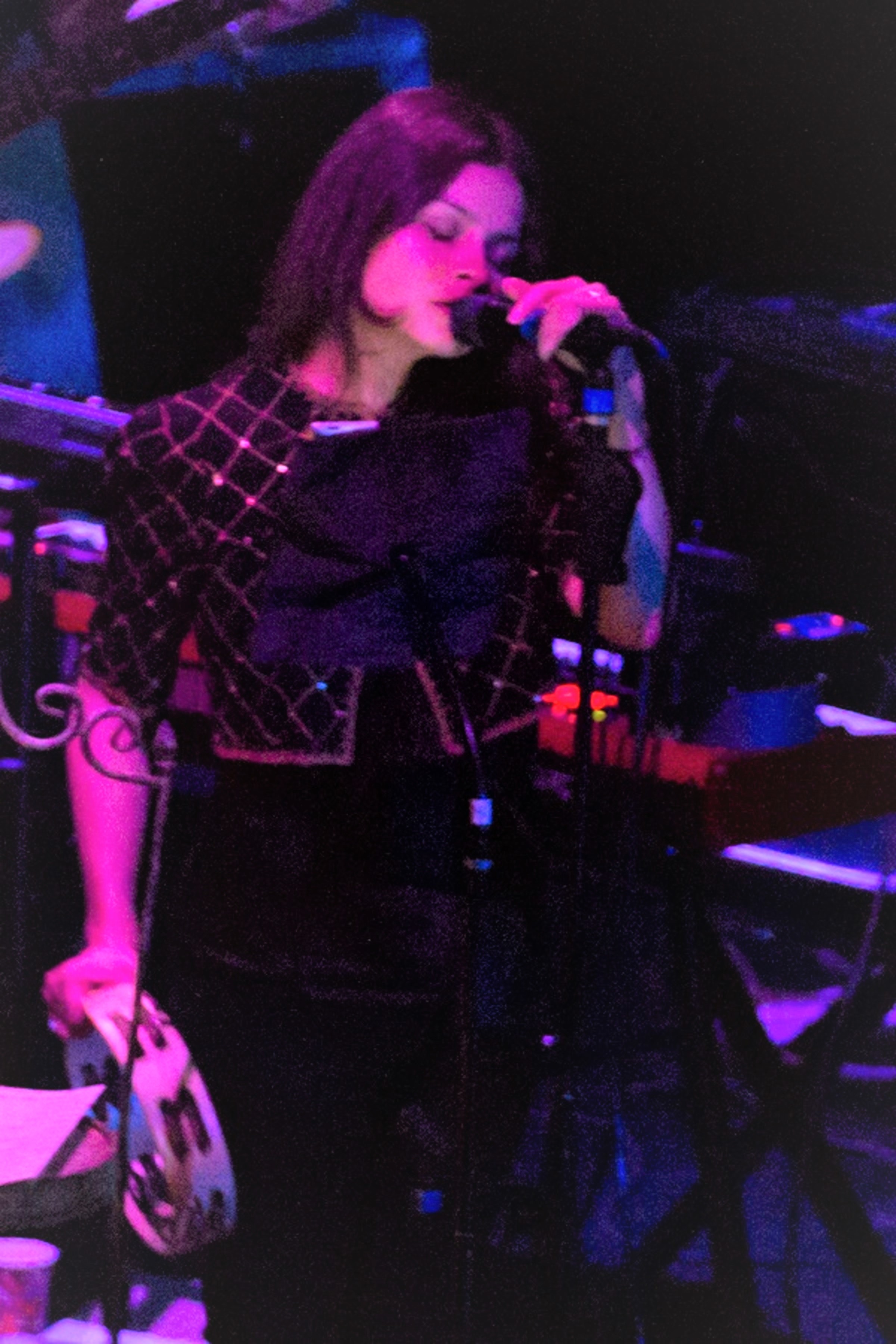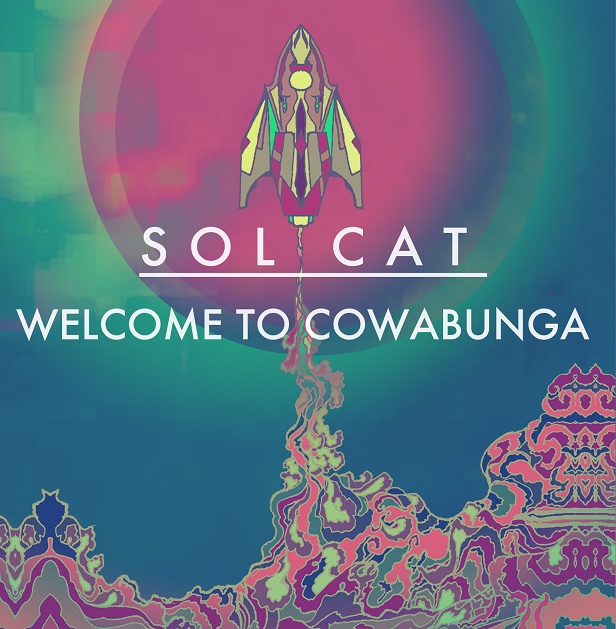For those out of the loop (myself included, prior to a brush-up via press release and some idle internet perusing), Locust originally left its mark in the nineties as the ambient solo venture of London's Mark Van Hoen. Listening to the digital musician's output from that period reveals calculated electronic soundscapes with a collective beating heart that could be anywhere from vapid to moving (depending on your particular opinion concerning ambient electronica's standing in the branches of the musical genre-tree). Since its initial tenure, Locust has become an all-but-retired entity, relegated to minor tribute from the cult and mass amnesia on the part of the uninitiated.Born from the archetype of Locust's early work, this new incarnation of Hoen's project responsible for its latest release, You'll Be Safe Forever, boasts the addition of fellow musician Louis Sherman (synthesizers) and strays slightly from roots to achieve some moments of understated organic climax amidst distinguishing found-sound resonance. The record's baseline remains a droning low, but the addition of Sherman's improvised keys over Hoen's characteristic breakbeats occasionally stirs the hulk beyond the deep space ambience of Locust's earlier renditions.You'll Be Safe Forever is essentially an improvisational construct held together by Hoen's composition and accentuated by Sherman's meandering synths. Like most embryonic ambient offerings, the set keeps itself intentionally grounded in prototype, musing beyond its overture (see "Fall For Me") in short bursts but always returning to that initial theme. While there remains a core confidence in Locust's delivery throughout You'll Be Safe Forever, the underlying thematic movement could have perhaps been condensed to the realm of an extended play with minimal loss in the arena of substance.The album's peak tracks are broken by a series of interludes throughout the set. These range in character but always tend to slow (or halt, in some cases) the set's escalation to a humble consistency -- "I Hear A Quiet Voice" is lyrical, a moody flourish that disappears as quickly as it came; "The Worn Gift" is immediately angelic with synthesizers drifting in and out of their Pearly Gates key before fading to naught; "Remember" is unhurried at first but builds to incessancy with a simple two-note hook over organic notes; "More Like Prayer Than Science" never amounts to much. A sparse jam not unlike the opening to Floyd's "Careful With That Axe, Eugene", it's true to title and merely hopes for something to come of it (without response) -- and strictly none of these ephemeral intermissions survive long enough to grow on their own (for better or worse, depending on the particular movement). Upon dissection, Locust's method seems to involve a formulaic rejection of electronica's upper echelons -- there's no Icarus complex here; the duo claims itself a purveyor of the holy ambient dub break only and won't have a thing to do beyond the purity of its tonal Crete. At the least, we can applaud these veterans' fealty.While the record is one decidedly stationed in place, I'd be remiss not to acknowledge those moorland heights achieved over its course. You'll Be Safe Forever markedly kicks in with its third track ("Strobes"), when adamant tribal drums hit with immediacy over a pulsating rhythm section. Toss phasers and digressing outerspace reverb-vocals in the mix to complete a solid three-spot for the list. Later, "Just Want You" builds on this blueprint but gambles with a club drug-fueled trip to provoke the listener out of stasis. It's as if the instrumental fanfare and build-up of a Muse track were forced to lay the foundation for an early dub replica, and the result is a bad trip with a commanding broken-beat pulse -- (It's superb.) -- probably the liveliest moment on the album, a hybrid crescendo of the synthetic and the crude. Most everything after seems to wallow in the hangover like a ketamine hole, only rarely emerging human for brief stretches."Oh Ya" is typical ambient syncopation, echoing wood blocks and synthesized chords over chimes in off-kilter vibrato and traveling little. "Do Not Fear" is good, probably more fully developed than its predecessor (and substituting wobbly bass and hard snares for the aforementioned's airy percussion) but certainly cut from the same cloth. It's here where the album's namesake emerges in outspoken female vocal delivery that forms a noticeably artificial peak within Locust's consecrated valley. These two songs could have been combined for brevity's sake; as it stands, the movement is a little overdrawn."The Washer Woman" could be soundtrack to some dark psychological thriller during the throes of isolation and it's as if Hoen and Sherman struck the chord missed by "More Like Prayer". A taut milieu, despite seeping shadows in the texture.Locust temporarily breaks protocol with "The Flower Lady", a few minutes of ambient trip-dub that would be right at home with the mad analog soul of a Digital Mystikz set. Not the most characteristic album cut, but a personal favorite nonetheless."Subie" begins on the same track as "The Flower Lady" but soon ebbs into the flow of less atypical Locust fare. Again, intensification gives priority to atmosphere and, while the song picks up a bit near the end, it remains primarily a tour-de-(mellow)-force for Sherman's keys. Completing the cycle, "Corporal Genesis" mimics the quiet meditation of Sigur Ros to end the album. A fine spiritual closer.






